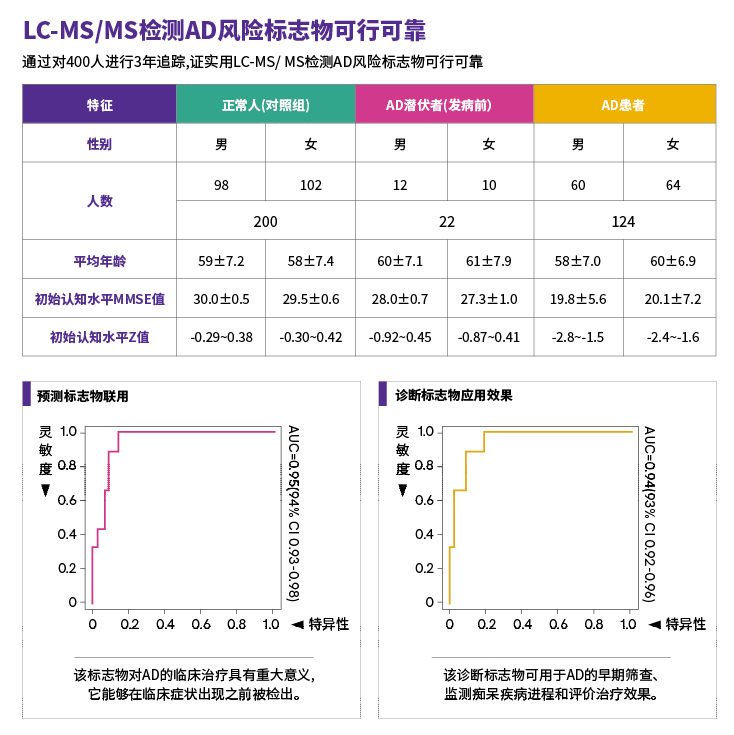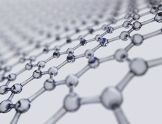Easily realize the early detection and early intervention of Alzheimer's disease (AD).
Early screening: determining whether AD pathological changes occur, and detecting AD before clinical symptoms appear
Accurate prediction: predicting the transition time of patients from no cognitive impairment to mild, cognitive impairment and AD
Early intervention: Accomplishing formulation of individualized treatment plans and active control of AD risk factors
The situation of Alzheimer's disease (AD) in my country is severe.
The challenge of nearly 10 million people in our country every year
Mainly occurs in people over 60 years old (about 95% of cases)
The incidence rate increases exponentially with age
In 2025, the population over 60 years old will reach 300 million.
It is estimated that by 2040, my country’s population aging process will reach its peak.
my country’s aging problem is prominent and it will gradually become a super-aged country.
Phosphatidylcholine and carnitine
Phosphatidylcholine (PC) is the main component of the lipid bilayer structure of cell membranes and an important part of lipoproteins. Phosphatidylcholine is hydrolyzed into choline, glycerophospholipids and fatty acids in the body. Choline enters the brain with the blood circulation system and combines with acetic acid to convert into acetylcholine. When its content increases, the speed of information transmission between brain nerve cells will increase, the memory function will be enhanced, and the brain vitality will also increase significantly. Conversely, as we age, the content of choline in the blood and brain will decrease, causing the body to move slowly, decrease intelligence, decline memory, and gradually develop symptoms of dementia.
Carnitine has two stereoisomers:biologically active L-carnitine and non-biologically active D-carnitine. Carnitine is synthesized from lysine and methionine in the liver and kidney, and then released into the blood. Acetyltransferase synthesizes acetyl-L-carnitine and controls the storage or release of acetyl groups. Carnitine is a factor that delays brain aging. When brain cell metabolism slows to the point where it cannot support its basic cell functions, brain cells will not function well or even die. When the energy metabolism of the brain changes, carnitine can inhibit the increase of ADP, AMP, pyruvate and lactic acid. In addition, carnitine can also promote the transfer of acetyl groups from brain cell mitochondria to form acetylcholine with choline in the cell fluid, thereby increasing the speed of information transmission of brain nerve cells.

Mass spectrometry detection R&D application and reagent products






